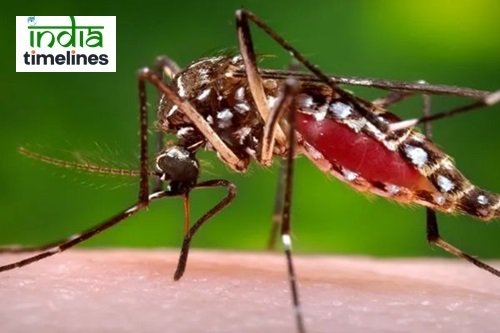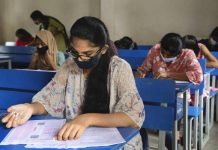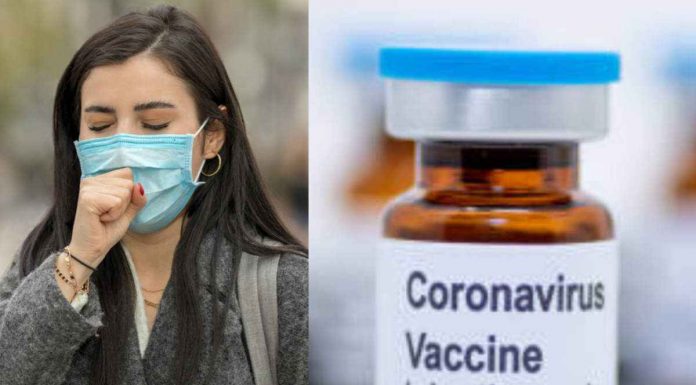
India is currently grappling with a concerning surge in dengue and chikungunya cases, with two major cities, Lucknow and Pune, experiencing alarming outbreaks. These outbreaks have led to the cancellation of numerous health camps across the country, as authorities shift their focus toward containing these viral diseases. With the situation escalating, citizens are growing anxious as cases continue to rise, posing significant challenges to public health services.
Dengue and Chikungunya: A Rising Threat Across India
Both dengue and chikungunya are mosquito-borne viral diseases, primarily transmitted by the Aedes aegypti mosquito. These diseases thrive in tropical and subtropical climates, making India highly vulnerable. The ongoing outbreaks in Lucknow and Pune highlight the inadequacies of mosquito control efforts and the urgent need for more aggressive intervention measures.
Dengue Cases Surge in Lucknow
Lucknow, the capital of Uttar Pradesh, has witnessed an unprecedented rise in dengue cases this year. The monsoon season has exacerbated the situation, with stagnant water serving as breeding grounds for mosquitoes. Hospitals in the city have reported an overwhelming influx of patients exhibiting symptoms such as high fever, severe headaches, joint pain, and rash, all indicative of dengue fever.
Local authorities have struggled to keep up with the growing demand for medical attention, and the rapid spread of the virus has led to the cancellation of health camps that were originally organized to provide vaccinations and preventive care for other diseases. The health department has also issued advisories urging citizens to avoid standing water and use mosquito repellents. However, these efforts seem insufficient as dengue continues to spread uncontrollably.
Chikungunya Outbreak in Pune: A Cause for Concern
Pune, in the state of Maharashtra, is facing a severe chikungunya outbreak, with hundreds of new cases being reported weekly. Similar to dengue, chikungunya is also spread by the Aedes mosquito, and its symptoms include joint swelling, persistent fever, muscle pain, and fatigue. What makes chikungunya particularly troublesome is its long-lasting effects, as patients often experience debilitating joint pain for weeks or even months after recovery.
The Pune Municipal Corporation (PMC) has been working tirelessly to control the spread, but efforts are being hindered by the densely populated urban environment, where mosquito breeding sites are difficult to eliminate completely. Like Lucknow, Pune has also seen a halt in scheduled health camps as healthcare workers are being redirected to handle the chikungunya crisis.
Nationwide Impact: Health Camps Cancelled, Focus Shifts to Containment
In response to these outbreaks, both Lucknow and Pune have seen major disruptions in public health services. Health camps, which are critical for providing routine vaccinations, screenings, and awareness programs, have been indefinitely canceled as healthcare workers and resources are diverted to combat the outbreaks.
The sudden surge in dengue and chikungunya cases has overwhelmed the healthcare systems in both cities, forcing medical professionals to prioritize the containment of these diseases over other essential services. The impact is not limited to these cities; many other regions across India are experiencing a similar shift in focus, with health camps canceled or postponed indefinitely.
Government Response and Public Health Measures
The Indian government, in collaboration with local health authorities, has implemented several emergency measures to curb the spread of dengue and chikungunya. These include:
Fogging operations in high-risk areas to kill adult mosquitoes.
Public awareness campaigns educating citizens about preventive measures, such as eliminating standing water, using mosquito nets, and applying repellents.
Enhanced surveillance systems to identify and track new cases in real-time, allowing for quicker response efforts.
Healthcare facilities have been directed to stockpile essential supplies, such as intravenous fluids and platelet concentrates, critical for treating severe cases of dengue.
Despite these measures, the effectiveness of these interventions remains in question, as cases continue to rise, especially in urban areas where sanitation issues are prevalent.
Challenges in Controlling the Outbreaks
One of the major challenges in controlling these outbreaks is the lack of a vaccine for chikungunya, and the partial efficacy of the dengue vaccine, which is only recommended for individuals who have had a prior dengue infection. As a result, prevention relies heavily on controlling the mosquito population and reducing human-mosquito contact.
However, India’s urban infrastructure, particularly in cities like Lucknow and Pune, makes it difficult to achieve these goals. Poor drainage systems, open water sources, and a lack of public cooperation in maintaining cleanliness contribute to the persistence of mosquito breeding grounds. While the government has intensified fogging operations and larvicide treatments, these efforts alone cannot stop the outbreaks without active participation from the public.
Preventive Measures: What Can Citizens Do?
As these outbreaks spread, it is crucial for individuals to take proactive steps to protect themselves and their communities. Here are some preventive measures that can help curb the spread of dengue and chikungunya:
Eliminate Breeding Sites: Mosquitoes breed in stagnant water. Regularly empty, clean, or cover containers that hold water, such as flower pots, buckets, and water storage tanks.
Use Mosquito Repellents: Apply repellents to exposed skin and clothing, especially during the early morning and late afternoon, when mosquitoes are most active.
Install Window and Door Screens: Prevent mosquitoes from entering homes by using fine mesh screens on windows and doors.
Wear Protective Clothing: Wear long-sleeved shirts and long pants to minimize skin exposure.
Participate in Community Clean-Up Drives: Collective action is essential in removing potential mosquito breeding sites. Join or organize local clean-up campaigns to eliminate standing water and improve sanitation.
Symptoms to Watch For
It is vital to be aware of the symptoms associated with dengue and chikungunya so that immediate medical attention can be sought if needed. Common symptoms include:
Dengue: High fever, severe headache, pain behind the eyes, joint and muscle pain, rash, and mild bleeding (such as nose or gum bleeding).
Chikungunya: High fever, joint pain (particularly in hands, feet, knees, and back), muscle pain, headache, fatigue, and rash.
Early diagnosis and treatment are crucial in managing these diseases effectively. If you or someone you know is experiencing these symptoms, consult a healthcare provider immediately.
Conclusion: A Call for Vigilance and Cooperation
As dengue and chikungunya continue to surge across India, particularly in Lucknow and Pune, it is clear that controlling these outbreaks requires both governmental action and public participation. While authorities are stepping up their efforts to combat the spread of these diseases, citizens must also do their part by maintaining cleanliness, using protective measures, and remaining vigilant.




































whoah this weblog is excellent i love studying your posts. Keep up the great work! You understand, a lot of persons are looking around for this info, you can aid them greatly.